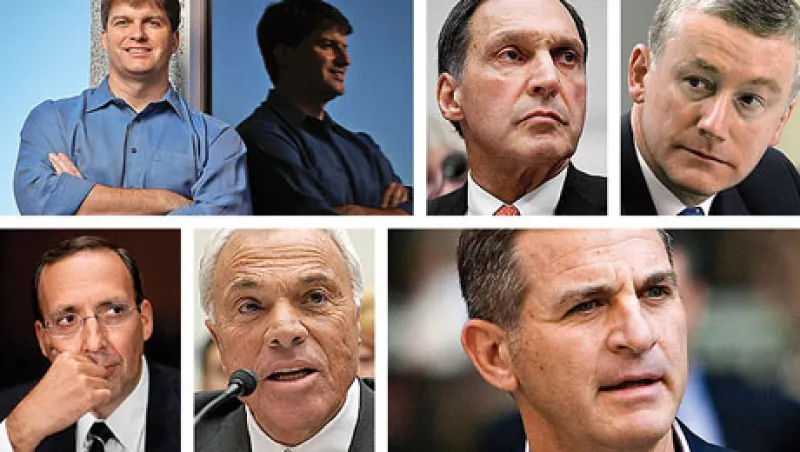
Life After Lehman: A Look at How 6 Prominent Players Have Fared
Dick Fuld, Fred Goodwin, Ralph Cioffi, Michael Burry, Angelo Mozilo and Joe Cassano manage to stay out of the limelight.
Imogen Rose-Smith
September 13, 2013


